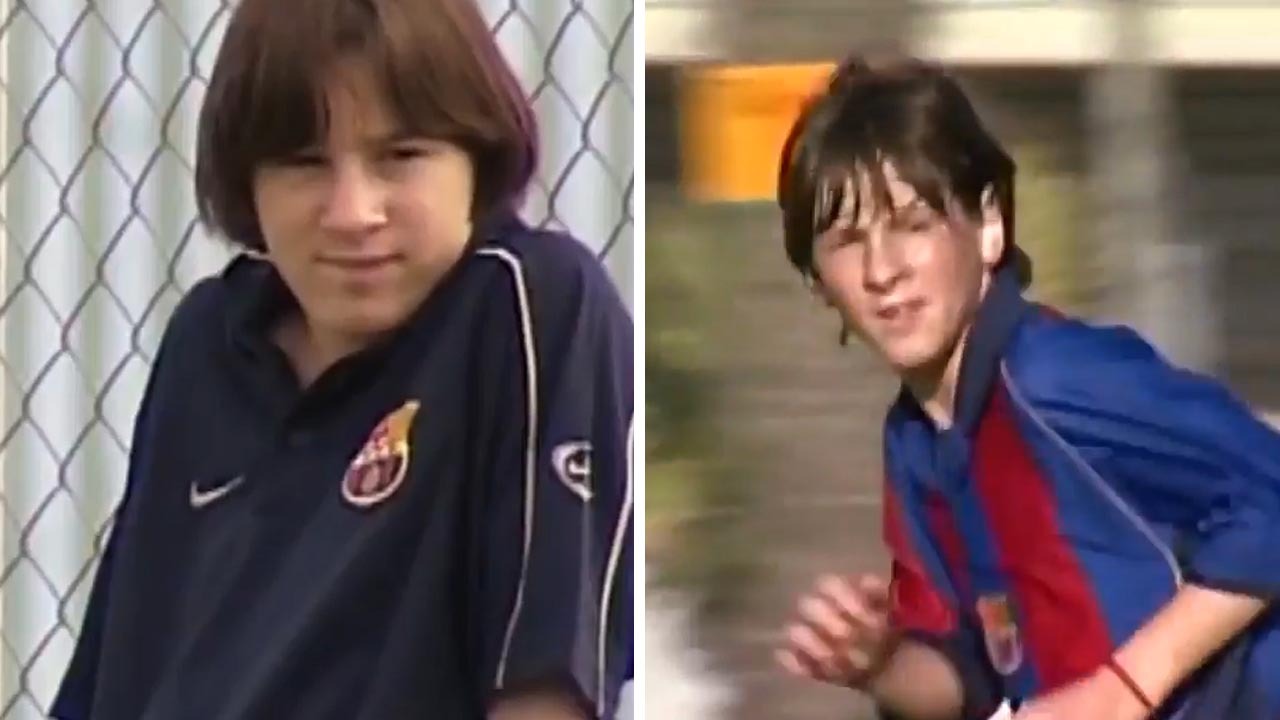
DiYES International School – Growth Hormone Deficiency affects children in subtle but serious ways. Many parents notice that their child grows more slowly than others but assume it is genetic or temporary. In reality, this condition involves the pituitary gland not producing enough growth hormone. Without this hormone, the body struggles to build bone and muscle, resulting in a noticeable delay in height gain. The earlier this issue is identified, the better the outcomes can be. Doctors use growth charts to monitor consistent patterns and detect any signs of stalled development. Children with this condition may also experience fatigue or delayed puberty. Parents must not ignore these red flags. A simple blood test and a scan can help confirm the diagnosis. Understanding this deficiency is the first step toward proper care and treatment. Growth Hormone Deficiency is manageable when caught early, but ignoring it can lead to long-term complications.
Growth Hormone Deficiency does more than affect physical growth. It often causes emotional distress in children who feel different from their peers. Kids may struggle with low self-esteem because they look younger or smaller in group settings. School environments can be especially tough when children face teasing or isolation due to their size. This emotional toll can affect academic performance and social development. Growth Hormone Deficiency requires attention not only from doctors but also from parents and educators who provide emotional support. Counseling and open communication can help children build resilience. Family encouragement is also key during treatment, especially if hormone injections become part of their daily routine. Many children show improvement in both mood and physical growth once therapy begins. Addressing the emotional side of Growth Hormone Deficiency ensures that children develop a strong sense of self-worth alongside their physical health.
“Read about: Acquired Hearing Loss in Children: What Every Parent Should Know”
One of the challenges with Growth Hormone Deficiency is that it can be mistaken for late blooming. Parents often assume their child will catch up eventually. Unfortunately, waiting too long can result in missed treatment windows. Key signs include growing less than two inches per year after age three, appearing much younger than classmates, and having a chubby build despite low height. Other signs may include delayed tooth development or a high-pitched voice. If these patterns persist, medical attention is essential. Growth Hormone Deficiency cannot be resolved with supplements or diet alone. Only hormone replacement therapy can correct the imbalance. The earlier treatment begins, the greater the chance for a child to reach a height closer to genetic potential. Tracking growth regularly during pediatric visits is a vital habit. When caught early, children have a chance to grow taller, stronger, and more confident.
Several factors contribute to Growth Hormone Deficiency. Some children are born with a malfunctioning pituitary gland, a condition known as congenital deficiency. Others may acquire the condition later due to head injuries, tumors, or infections. Genetic mutations can also play a role. In rare cases, no clear cause is found. Medical professionals classify the deficiency as either isolated or part of a broader hormonal imbalance. Regardless of the cause, the result is the same: the body fails to produce enough growth hormone for normal development. Diagnostic tools include blood tests, stimulation tests, and MRI scans to assess the pituitary gland. Knowing the underlying cause can help determine the most effective treatment plan. Once diagnosed, children are often placed on a customized hormone therapy schedule. Parents should work closely with endocrinologists to monitor progress and make any necessary adjustments during the growth period.
“Read more: Invisible Victims: Florida’s Shocking Human Trafficking Numbers Revealed”
While the diagnosis of Growth Hormone Deficiency can be overwhelming, treatment offers hope. The most common method is daily or weekly hormone injections administered under medical supervision. These injections mimic the body’s natural growth hormone and stimulate bone and tissue development. Many children begin to grow within months of starting therapy. Side effects are rare and usually minor. Parents receive training on how to administer the injections at home. Support groups and online communities can also provide reassurance and guidance. In addition to physical growth, children often show gains in energy levels and emotional well-being. Regular follow-ups with doctors ensure that the treatment is working effectively. As children grow taller and healthier, their self-confidence often rises as well. With the right support system in place, children living with Growth Hormone Deficiency can thrive and lead full, happy lives like their peers.